Summer is here, and with the warmer weather comes increased water use for gardening, washing cars, and filling pools. If you notice an outdoor water spigot leaking, it can quickly turn into a bigger problem, wasting water and potentially causing damage to your home’s exterior. You may be asking yourself, “Do I need a plumber to replace an outdoor spigot, or can I handle the repair myself?
Do You Need a Plumber to Replace an Outdoor Spigot?
Topics: Plumbing, Plumbing Tips
What Is Backflow Testing and Why Is It Important for Businesses?
Imagine this: a customer visits your business and later ends up hospitalized from an infection traced back to your water system. This isn’t just a hypothetical horror story. It's a real risk that threatens restaurants, dry cleaners, spas, medical facilities, car washes, and even churches — basically, any business with water fixtures, even if it’s just a bathroom for customers.
Topics: Plumbing, Pipes, Commercial Plumbing
Backflow Prevention: What Business Owners in SC Need to Know
Every day, business owners rely on clean water flowing through their buildings for various operations, from basic employee needs to specialized processes. However, without proper safeguards, this essential resource can become a liability.
Topics: Plumbing, Water, Pipes, Commercial Plumbing
Is Your Washer Leaking from the Bottom? Here’s How to Fix It
If you asked homeowners about their “most dreaded plumbing nightmare,” leaks would likely top the list. Dealing with a leak means fixing or replacing a faulty hose or pump and addressing the “collateral damage,” aka mold, wall, or flooring damage.
Topics: Plumbing, Emergency, Pipes, Washing Machines, Plumbing Tips
How to Minimize Damage While Waiting on An Emergency Plumber?
“This is the last thing I need before we go on our annual vacation,” a client told me last week, upset after dealing with a burst frozen water pipe.
Yes, a plumbing emergency can strike at any time, often at the worst times. Nonetheless, plumbing emergencies are always stressful situations that leave homeowners feeling frustrated and anxious about what to do next.
Topics: Plumbing Hacks, Plumbing, Emergency, Plumbing Tips
When it comes to your home's plumbing system, there's more to it than just pipes hidden behind walls. Plumbing fixtures are crucial in ensuring water is delivered and disposed of efficiently. In this guide, we'll explore the basics of plumbing fixtures and why they are essential for your home.
Topics: Plumbing
In short, yes. Even in dry weather it is important to stay on top of any possible plumbing issues, but when the weather gets wet, it’s even more important to understand how rain, especially heavy rain, can affect your plumbing. This is the first step to avoiding and correcting issues as they arise—even preventing basement or crawl space flooding. Here are some ways that rain can affect your plumbing.
Topics: Plumbing, Plumbing Tips
Do-It-Yourself projects, whether it's building your own furniture, installing new flooring, or fixing broken appliances, allow people to truly enjoy the sense of accomplishment and the money they saved by doing the project without professional help.
However, there are certain times when attempting to complete a project or repair on your own can be detrimental to you, your home, or both.
Today we're going to look at how you can tell whether a plumbing job can be done yourself, or if you should call in a professional plumber to handle it for you.
Topics: Hiring a Plumber, Plumbing, Plumbing Tips
Plumbing 101: What Are the Different Parts of a Plumbing System?
Your home's plumbing system is essential to keeping your standard of living comfortable. If it's not working properly, you won't be able to shower, wash your hands, use the toilet, wash dishes, water the lawn, or run the washing machine. Plumbing systems are responsible for quite a bit; however, most people don't really know what their plumbing system is. They just turn the handle or press a button and expect the water to come out at the precise temperature and pressure they want.
As a homeowner, it's important to have a basic understanding of how your plumbing system works so that you can take better care of it and prevent costly breakdowns. Keep reading to learn the 3 major categories of your home's plumbing system.
Fall Checklist Infographic: Get Your Plumbing Ready for the Fall
With Fall quickly approaching, let's take a minute and look at some things you can do to prepare your plumbing for colder weather. While it might not seem cold now, it's best to handle these things before the weather gets cold so that your home is ready when it does!
Topics: Plumbing

.jpg)
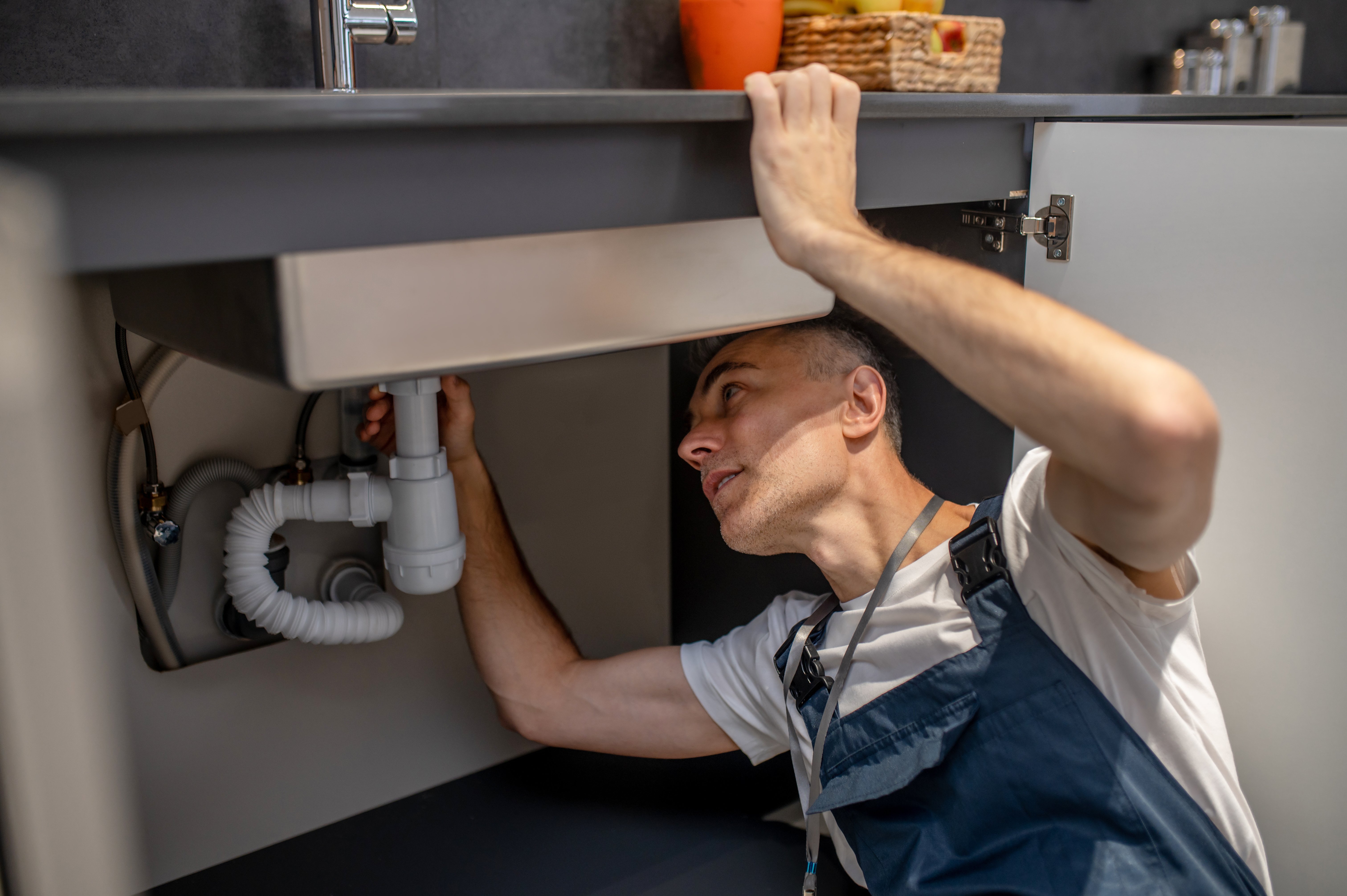
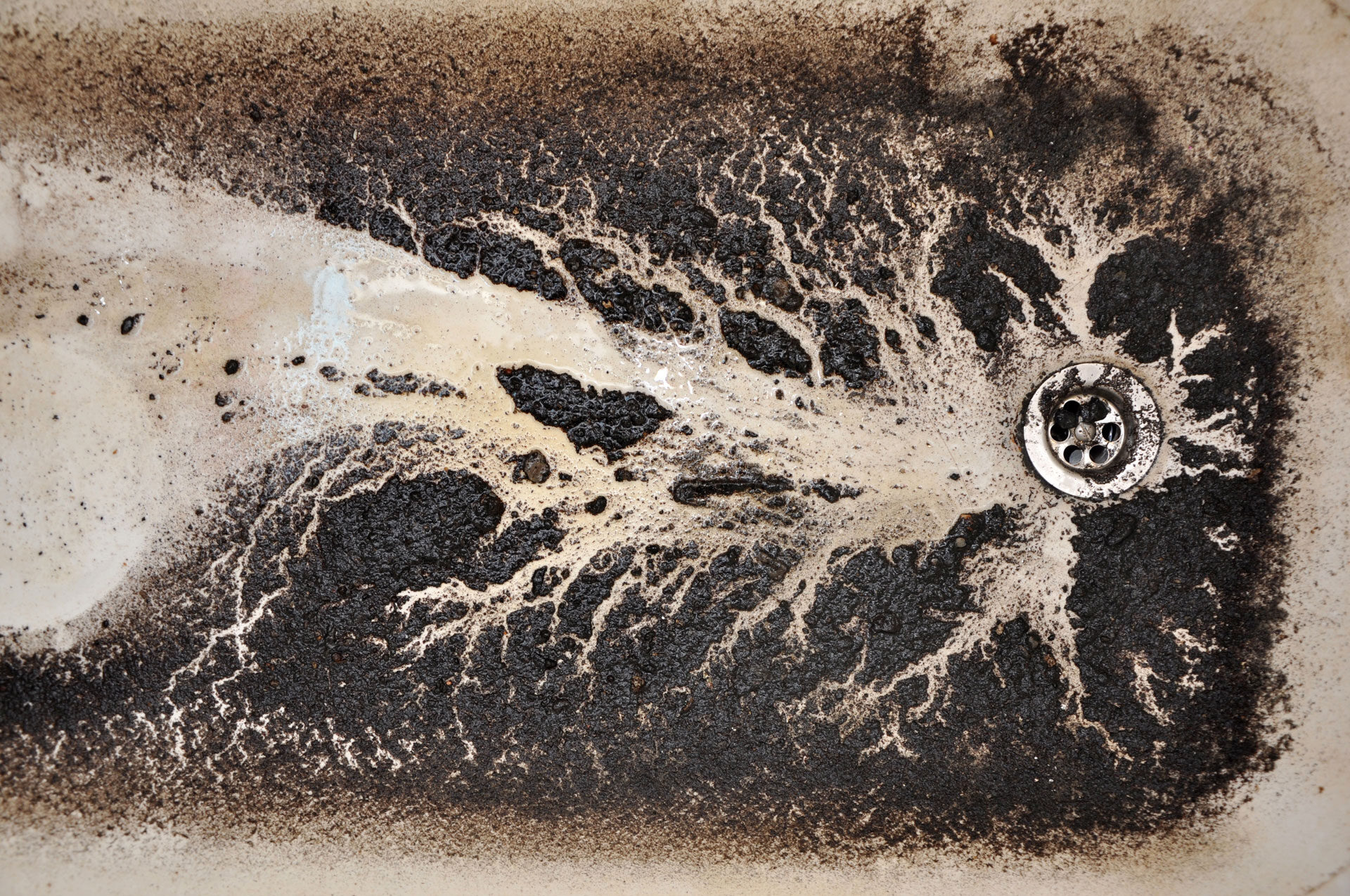
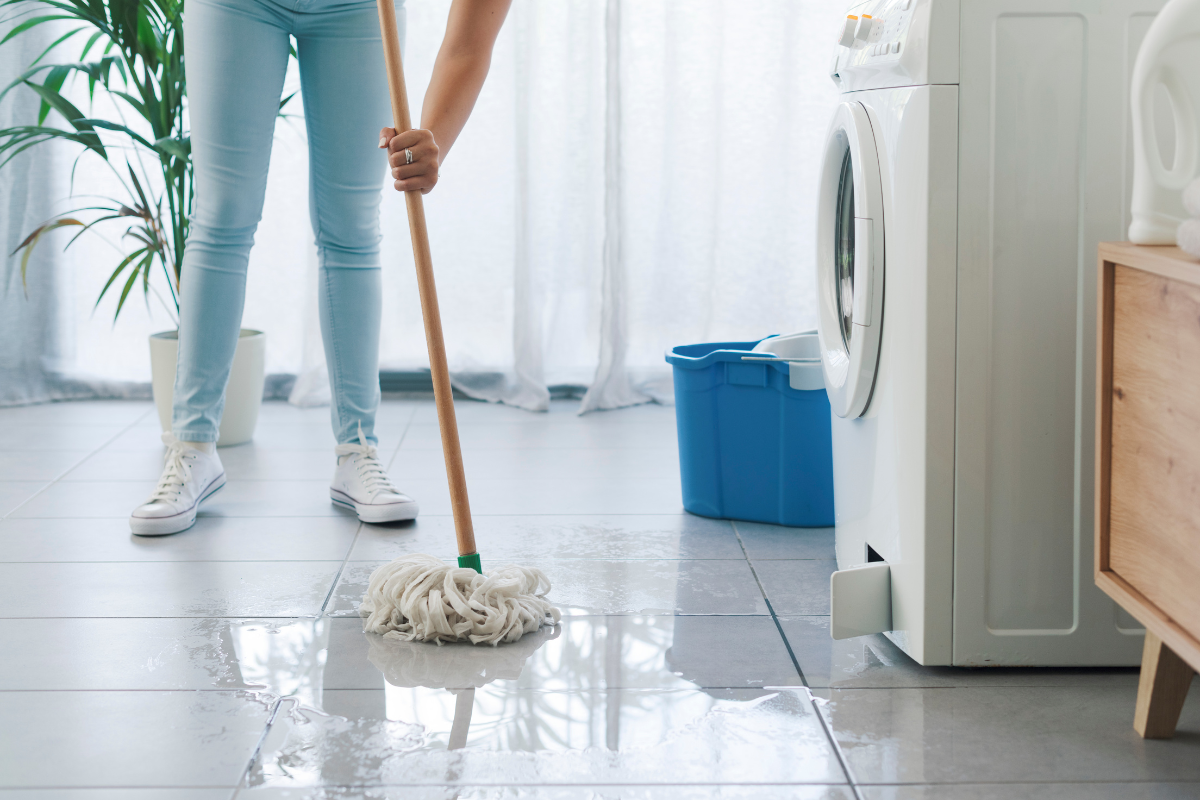
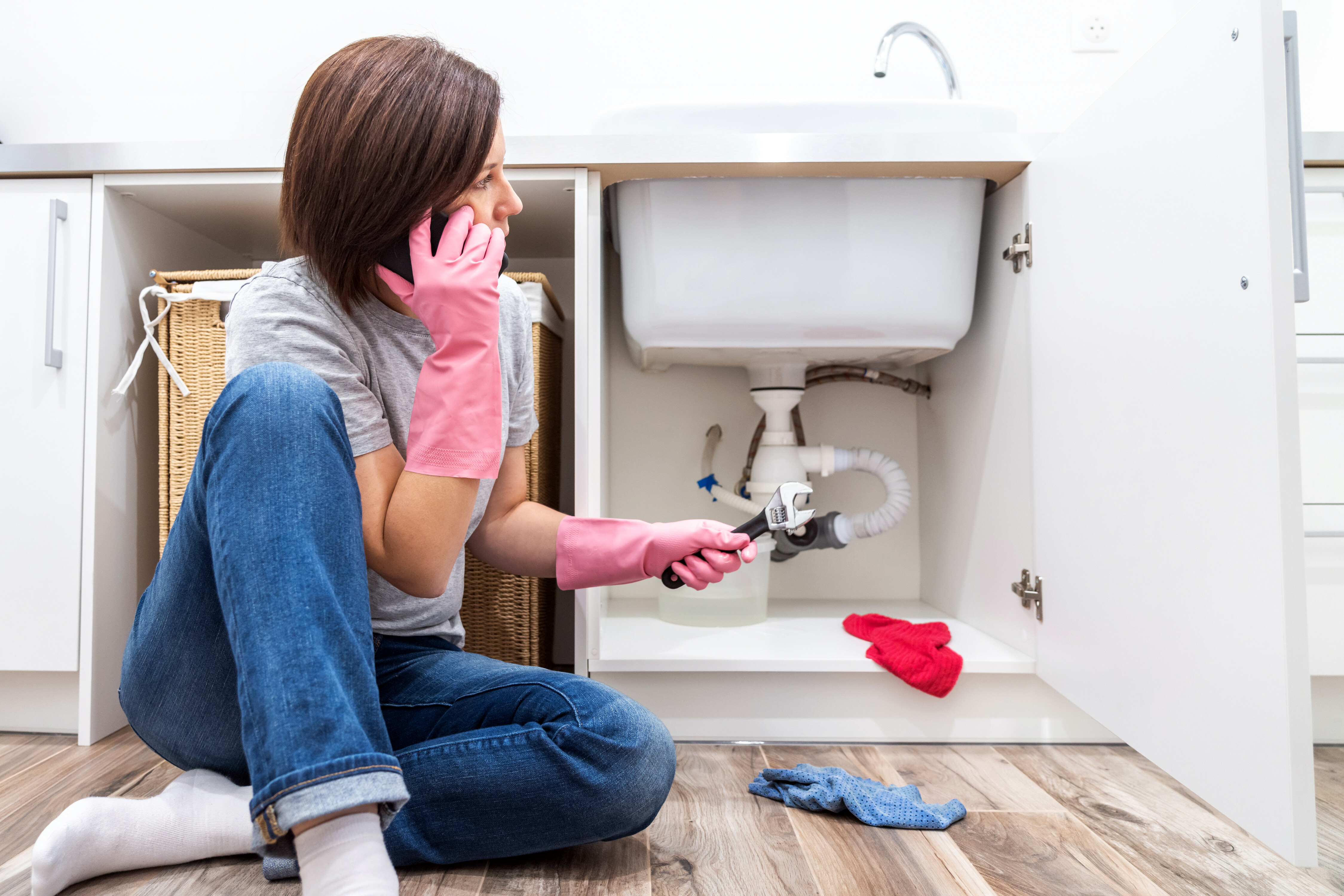

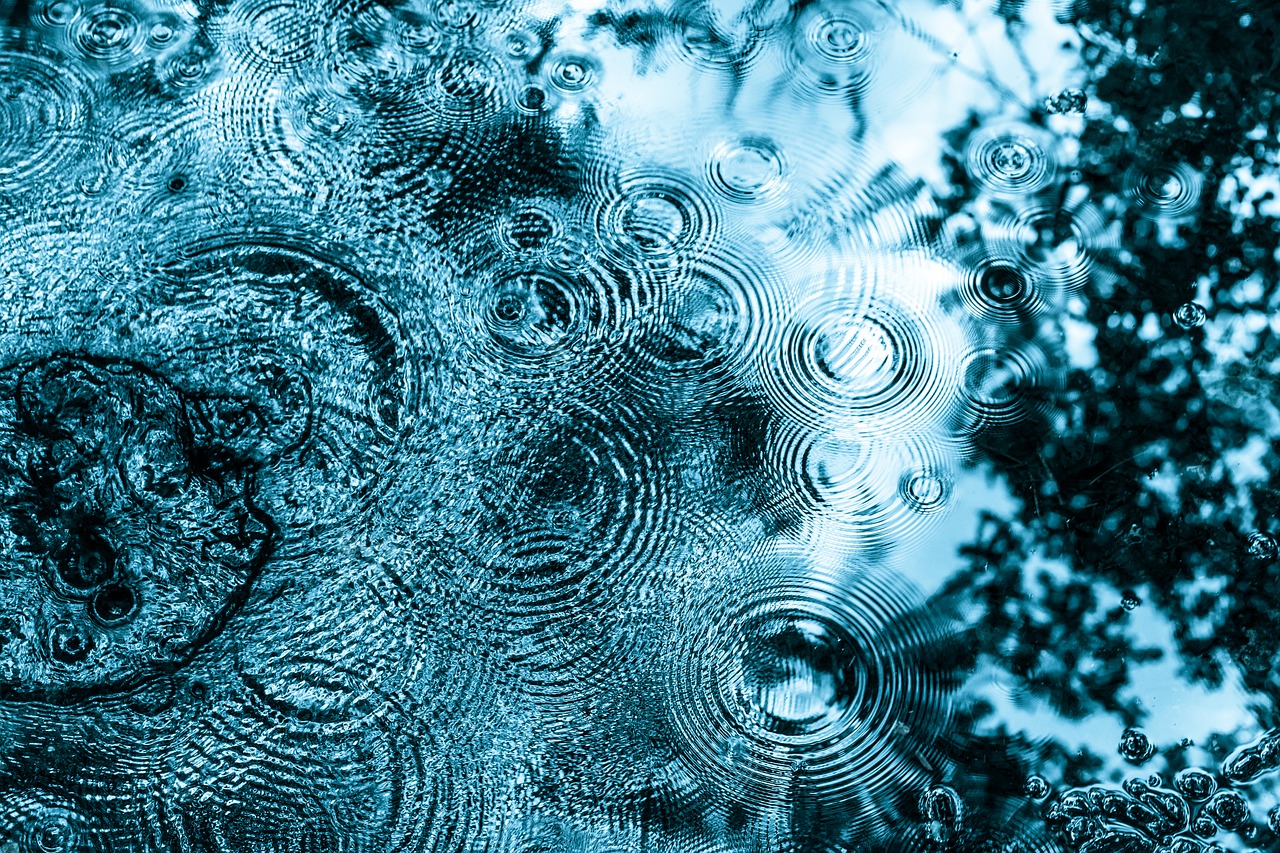
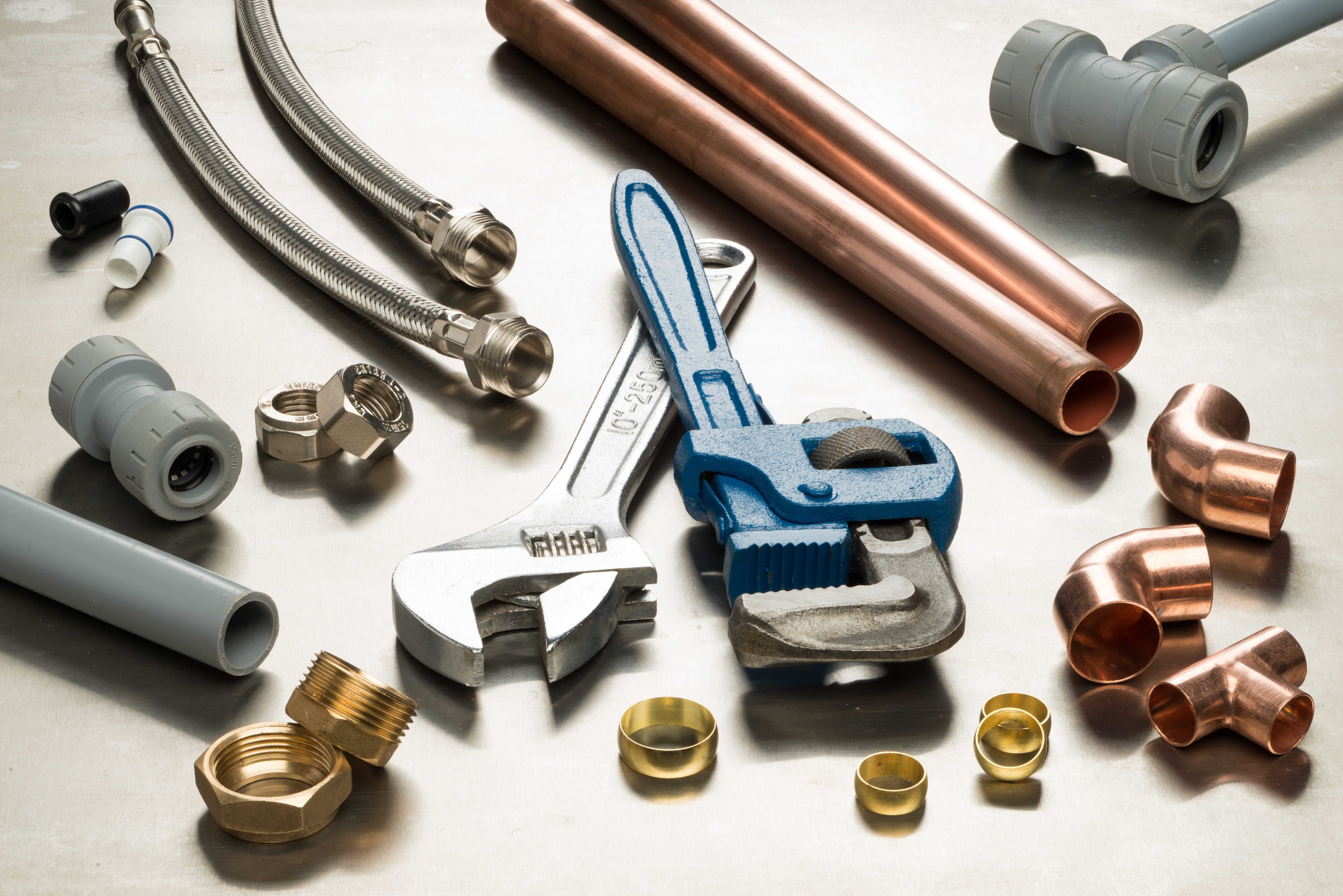
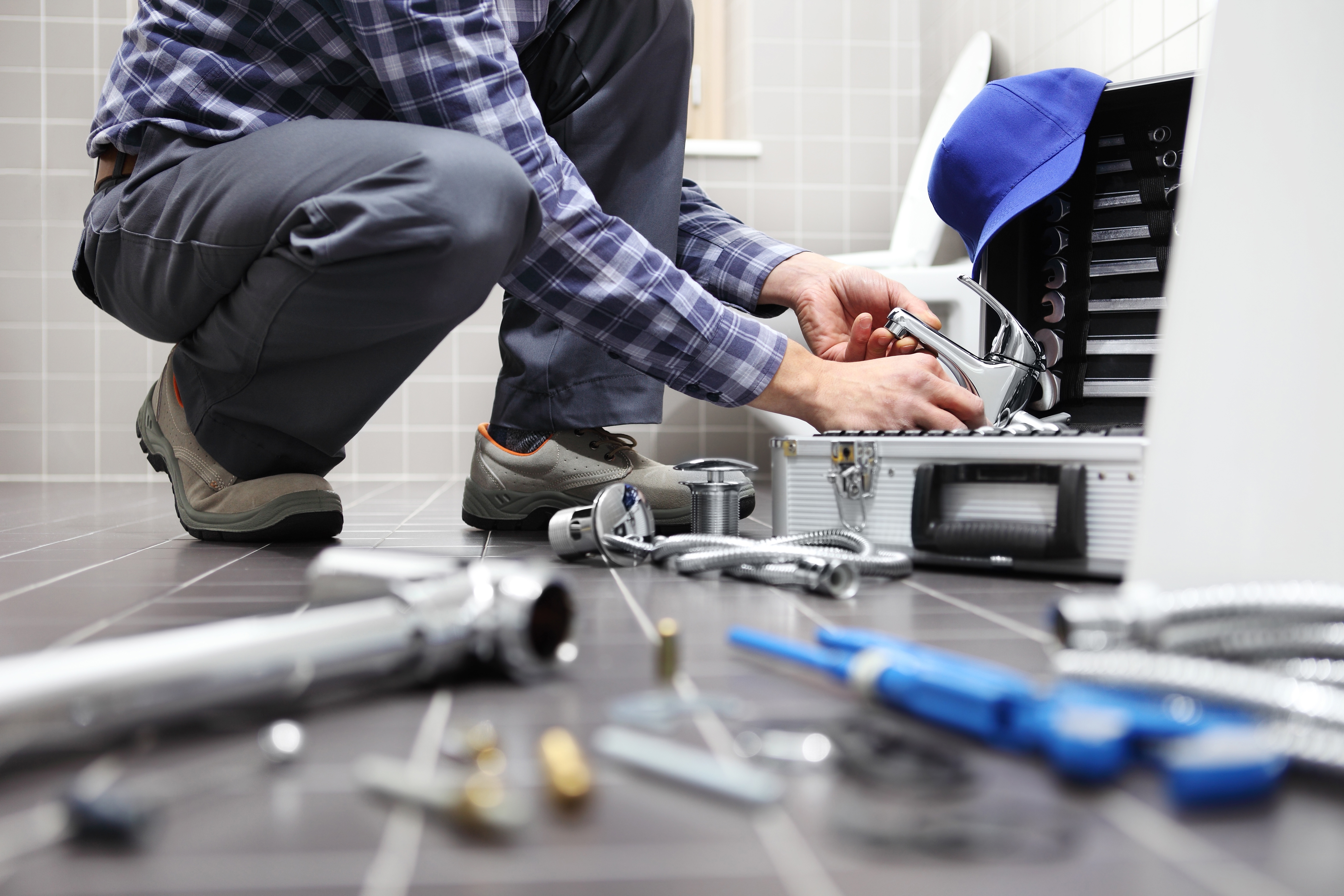

.png)